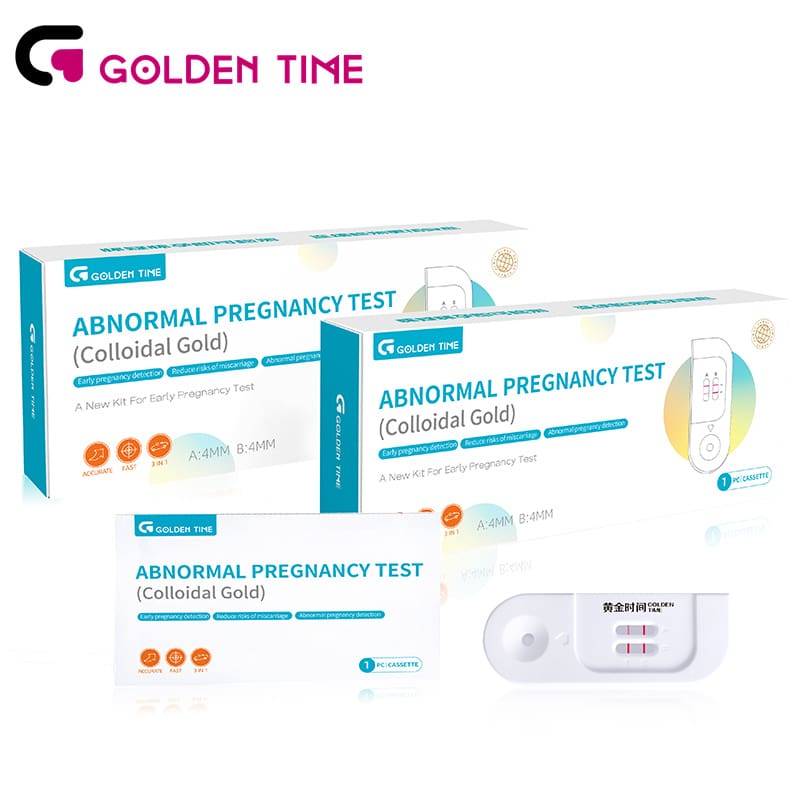Nov . 06, 2024 19:05 Back to list
Finding Suppliers for Abnormal FOBT Test Purchases and Related Products
Understanding the Importance of Abnormal FOBT Tests in Supplier Management
The realm of healthcare diagnostics is constantly evolving, and one significant development in this area is the abnormal fecal occult blood test (FOBT). The FOBT is a crucial screening tool used to detect hidden blood in stool, which can be an early indicator of serious health issues such as colorectal cancer or gastrointestinal bleeding. When dealing with suppliers of FOBT test kits, understanding the implications of abnormal results is essential for ensuring the reliability and efficiency of healthcare services.
What is an Abnormal FOBT?
An abnormal FOBT indicates the presence of blood in the stool, which may not be visible to the naked eye. This result warrants further investigation, as it can signify underlying health conditions that require prompt medical attention. Therefore, the suppliers providing these test kits must adhere to rigorous quality control standards. Ensuring the accuracy and reliability of the tests they supply is paramount because incorrect readings can lead to unnecessary anxiety, additional testing, or missed diagnoses.
Choosing the Right Supplier
When selecting a supplier for FOBT kits, healthcare providers should consider a variety of factors. Quality assurance is key; suppliers must comply with national and international standards, providing evidence of their quality control processes and certifications. A supplier's reputation within the industry also plays a crucial role. Recommendations from other healthcare institutions, along with reviews and case studies, can provide insight into their reliability and the quality of their products.
Moreover, the ability of a supplier to provide prompt and effective customer service is crucial. When issues arise with abnormal test results, healthcare providers must be able to reach out to suppliers for guidance. Quick responses can play a significant role in how effectively a healthcare facility deals with patient care following an abnormal FOBT result.
The Impact of Supplier Practices on Patient Outcomes
buy abnormal fobt test supplier

The relationship between healthcare providers and suppliers is more than just transactional; it has real implications for patient outcomes. When tests are provided with clear instructions and reliable support, healthcare providers can act swiftly on abnormal results, ensuring patients receive the necessary follow-up testing and treatment. This proactive approach can be instrumental in early detection of severe conditions, ultimately saving lives.
Conversely, if a supplier delivers substandard products, the consequences could be dire. False positives from unreliable tests can lead to unnecessary procedures, causing psychological stress and financial burden on patients. On the other hand, false negatives can result in delayed diagnoses, putting patients at risk. Hence, the supplier’s commitment to excellence directly impacts the quality of care patients receive.
Value of Innovation and Training
As technology advances, so do the methodologies behind FOBT testing. Innovative suppliers often lead the way in developing new testing methods that are more accurate or convenient for patients. In addition, educational resources and training programs offered by suppliers can empower healthcare providers, enhancing their ability to interpret results and manage abnormal findings effectively.
By investing in partnerships with suppliers that prioritize innovation and education, healthcare providers can ensure they stay at the forefront of diagnostic practices.
Conclusion
In summary, the significance of monitoring abnormal FOBT tests extends beyond mere numbers; it encompasses a broader responsibility in the healthcare supply chain. Choosing reliable suppliers, maintaining quality standards, and facilitating proper training are essential components in optimizing patient care. By prioritizing these aspects, healthcare providers can navigate the challenges presented by abnormal FOBT results and ensure that every patient receives the timely and effective treatment they deserve. As we continue to advance in medical diagnostics, the role of suppliers will remain pivotal in the journey toward improved health outcomes.
-
Rapid Canine Corona Test: Fast & Accurate Results
NewsAug.06,2025
-
Rapid BZO Test Kit - Fast & Accurate Benzodiazepines Detection
NewsAug.04,2025
-
China Nylon Flocking Swabs - AI Enhanced Quality Collectors
NewsAug.03,2025
-
Highly Accurate hCG Pregnancy Test Strips - 5 Min Results
NewsAug.02,2025
-
Premium Empty ABS Plastic Cassettes: Durable & Lightweight Storage
NewsAug.01,2025
-
Accurate Cocaine (Coc) Rapid Test Kit | Fast & Reliable Detection
NewsJul.31,2025

